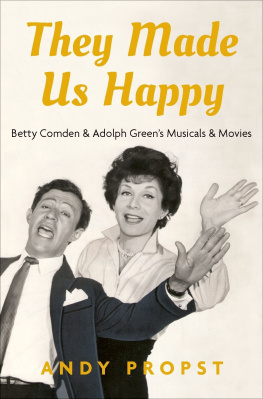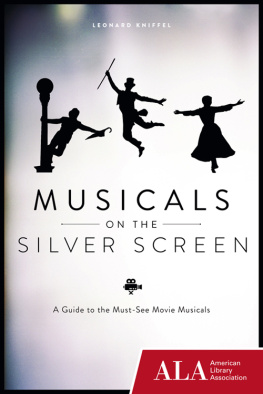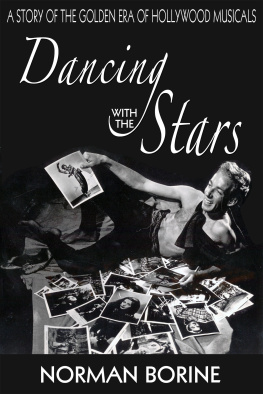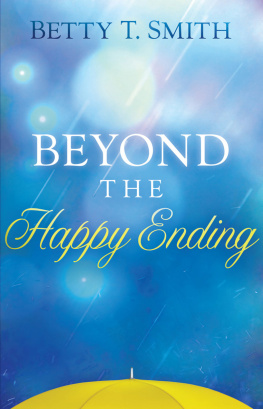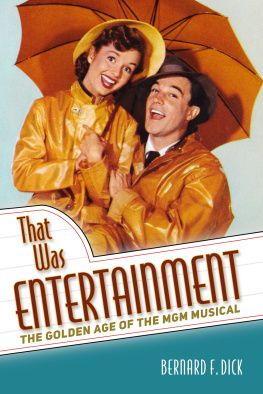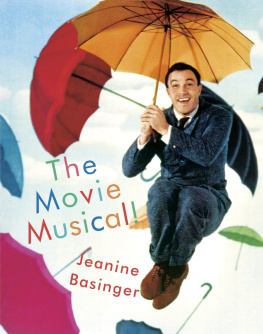Oxford University Press is a department of the University of Oxford. It furthers the Universitys objective of excellence in research, scholarship, and education by publishing worldwide. Oxford is a registered trade mark of Oxford University Press in the UK and certain other countries.
Published in the United States of America by Oxford University Press 198 Madison Avenue, New York, NY 10016, United States of America.
All rights reserved. No part of this publication may be reproduced, stored in a retrieval system, or transmitted, in any form or by any means, without the prior permission in writing of Oxford University Press, or as expressly permitted by law, by license, or under terms agreed with the appropriate reproduction rights organization. Inquiries concerning reproduction outside the scope of the above should be sent to the Rights Department, Oxford University Press, at the address above.
You must not circulate this work in any other form and you must impose this same condition on any acquirer.
Names: Propst, Andy, author.
Title: They made us happy : Betty Comden & Adolph Greens musicals & movies / Andy Propst.
Description: New York : Oxford University Press, [2019] | Includes bibliographical references and index.
Identifiers: LCCN 2018004387 (print) | LCCN 2018004819 (ebook) | ISBN 9780190630942 (updf) | ISBN 9780190630959 (epub) | ISBN 9780190630935 (alk. paper)
Subjects: LCSH: Comden, Betty. | Green, Adolph. | LyricistsUnited States. | LibrettistsUnited States. | MusicalsUnited StatesHistory and criticism. | Musical filmsUnited StatesHistory and criticism.
Classification: LCC ML423.C78 (ebook) | LCC ML423.C78 P76 2019 (print) | DDC 782.1/40922dc23
In the course of their careers Betty Comden and Adolph Green wrote the books and/or lyrics for 18 musicals. They also penned screenplays for nine movies, two of which are considered landmarks in cinematic history. Beyond this they enjoyed healthy careers as performers and, oh yes, had rich lives offstage as they raised children and mingled with the glitterati of New York and Hollywood.
As I surveyed their artistic legacy and considered their personal lives, I suddenly came to understand how daunted they must have been when Arthur Freed assigned them the task of writing Singin in the Rain. There they had hundreds of songs, written for a wide variety of projects, at their disposal. Their task was to take both hits and lesser-known tunes and somehow fit them together within the context of a cohesive story for a movie musical that wouldnt run more than a couple of hours.
The same task lay in front of me for They Made Us Happy. How was I to include something about each of their works, including projects that never made it past planning stages, as well as their lives, on stage and off, and not walk away with a manuscript for a book running 700 or 800 pages?
In the end I decided that I needed to borrow from my subjects, who realized that the period in which so many of Freeds songs were written provided them with the key to Rain: They made it a movie about the dawn of talking pictures. In my case, in order to offer you, the reader, a satisfying but not unwieldy portrait of Comden and Green, I have adopted the sort of loose storytelling style that so often informs their work, be it for stage or screen. The result, I hope, is a book that will allow you to experience their highs (and lows) professionally while providing some insight into their offstage lives.
In additionand this is the genuine toast to Comden and GreenIve tried to give a sense of offbeat fun to They Made Us Happy. So, as you read, youll find that inserted boxes are used on the page as the equivalent of in ones. These are the scenes in musicals played in front of the curtain that were so often used to help cover the moments when the sets were being changed. Generally, an in one related tangentially to the shows action and more often than not got a laugh.
Its something of a nontraditional approach to biography or criticism, but as Comden quipped in the early 1980s, Its good to do something new.
Andy Propst , June 2018
They Made Us Happy
H ailing from Brooklyn and the Bronx, respectively, Comden and Green grew up in two distinctly different homes. He was the older of the two, born on December 2, 1914. His parents, Hungarian immigrants Daniel and Helen Green, came to the United States before they were teenagers and married before they turned 20. Daniel, according to the 1930 census, was a tradesman, but according to Greens son, Adam, Daniel was a stock speculator and bootlegger. In the same census, notations indicate that Daniel and his wife were proficient in English. Nevertheless, they used Magyar, a difficult Hungarian language, at home, and as he was growing up, Green, according to his son, made an instant goulash of both it and English.
Comden was born Basya Cohen two years, five months, and one day after Green, on May 3, 1917. Her parents, Leo and Rebecca Cohen, were also immigrants, but, unlike the Greens, the couple came from Poland and at markedly different ages. Rebecca arrived in the United States in 1888 when she was just barely five, while Leo arrived in 1902 at the age of 19. In addition, the Cohens married relatively late in their lives, when they were both 29. They had waited to establish themselves professionally and financially. Until her marriage, Rebecca worked as a teacher, while Leo practiced law in Manhattan.
But while Comden and Green might have been growing up in different boroughs and with dissimilar parents, both discovered an affinity for the arts and demonstrated a penchant for inventiveness while they were still just grade-school age.
For Green, who was speaking what could jokingly be termed Magyarlish at home, love of theater and the elegant use of English started out thanks to school plays. One of his earliest stage experiences came when, in third grade at P.S. 39 in the Bronx, he played an evil dwarf in a production of Snow White and the Red Rose. Other age-appropriate productions followed, and then Green played the more adult role of Lord High Executioner in Gilbert and Sullivans The Mikado. It was a seminal moment for the boy; Green was so taken with the wordplay in the operetta that he memorized the entirety of the teams canon.
Comden was showing her own inventiveness at just about the moment when Green was developing a demented laugh and violent demeanor for his performance in Snow White. She, however, was re-creating herself. It started at the age of five, when she grew tired of her peers inability to pronounce Basya. She told her father about the problem and of her desire to have a new name. His response, she recalled, was, You can take any name you like as long as it begins with B. She settled on Betty. As for her surname, the family took an equally liberal approach, and she adopted Comdena name used by other branches of the familybefore she turned 20.
In Brooklyn Comden, too, was discovering the allure of make-believe. At home she fashioned costumes for herself from what she would later describe as her dress-up baga large pillowcase filled with old clothes of my mothers. Further, at the Brooklyn Ethical Culture School, Comden got a taste of both writing and performing when she and her class adapted and presented a stage version of Sir Walter Scotts

